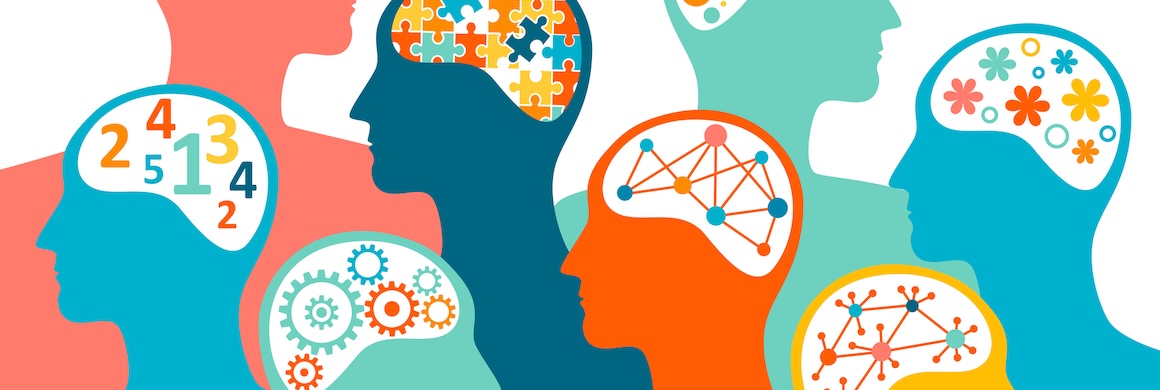Resilience is the ability to cope with stress, and “bounce back” from difficult times.
In a workplace context, resilience can be translated to mean the ability to maintain positivity, balance and wellbeing under the pressure of deadlines, setbacks, difficult relationships and organisational change.
Employers should look for qualities of resilience when hiring, and encourage resilience building amongst their staff.
How does resilience work? Positive Psychology and Resilience
It’s simple really. Positive Psychology teaches us that a person with an abundance of positive emotion can use this positivity in times of stress to cope with negative emotions. The founder of Positive Psychology, Barbara Frederickson, called this the ‘broaden and build’ theory of resilience.
‘Broaden and Build’ 
A person’s coping mechanisms are based in their ability to regulate negative emotion, and also in their capacity to identify opportunities in adversity. The frequent experience of positive emotion has been shown to increase our coping mechanisms by broadening our mindset – allowing us to see not just the negative but also the positive in any situation. It follows that those with a broadened mindset have enhanced coping skills and are then better equipped to deal with, and bounce back from, adversity. It’s a positive upward and circular process. Increased resilience in turn generates more positive emotions, creating an upward spiral in which positive emotions and resilience maintain and build on each other.
Characteristics of Resilient People
If you are searching for resilient people, look out for these characteristics.
- Resilient people are good at building relationships. They tend to develop and maintain strong positive connections with people at work, home and in their communities. A strong network is predictive of the ability to cope with adversity, particularly in times of high stress or trauma when a strong social support network is imperative to wellbeing.
- Resilient people have a high EQ. Emotional Intelligence is the ability to identify and understand one’s emotional needs (and the needs of others). People with a high EQ tend to have good insight into their emotional health, and what they need to feel good, and what they should avoid because it makes them feel bad. This skill is particularly instrumental to resilience. It enables increased engagement in mood-boosting activities and decreased engagement in activities that drain, leading to more frequent positive emotion, enhanced coping skills and a naturally improved work-life balance.
- Resilient people are optimistic. A crucial characteristic of resilience people is the ability to see some positive outcomes in the face of hardship. They might ask: “What can I learn or gain from this?” when faced with a difficult situation.
- Resilient people know how to laugh. It might seem trite, but research shows that people who laugh more are happier and more resilient (Diener, 1984). Laughter actually reduces physiological stress and increases positive emotion, contributing to the upward spiral of positive emotion and resilience. Resilient people look for reasons to laugh, and will often find opportunities to make others laugh.
Building Employee Resilience
A combination of past experiences, personality traits, and other risk (or protective) factors will contribute to one’s capacity for resilience. But there is no doubt that resilience can be built. At the core of building resilience, says the research, is experiencing positive emotions, and engaging in mood-boosting activities (Frederickson, 1998).
So how can your boost resilience in your staff?
- Help them build relationships. Facilitate opportunities for your staff to connect in meaningful ways: team building activities or mentorship programs are a great place to start.
- Make time for fun. Create opportunities for your staff to play together and laugh together with mood-boosting activities. Organise your next social event at a comedy club.
- Ensure work-life balance. Make sure your staff are not consumed by the demands of work and be wary of glorifying over-workers. Send them home on time!
- Teach them. A good way to assist your staff in the development of these skills is to provide resilience training. Our Building Resilience programs can be conveniently delivered in your workplace to promote psychological endurance among your staff. Book a lunch-and-learn program today and introduce your workforce to the benefits of resilience.
References:
Cohn, M. A., Fredrickson, B. L., Brown, S. L., Mikels, J. A., & Conway, A. M. (2009). Happiness unpacked: Positive emotions increase life satisfaction by building resilience. Emotion (Washington, D.C.), 9(3), 361-8.
Diener, E. Soc Indic Res (1994) 31: 103. https://doi.org/10.1007/BF01207052
Fredrickson B.L. (1998). What good are positive emotions? Review of General Psychology. 2, 300–319.
Lowinger, J. (2015). Resilience in the Workplace. ABC Health & Wellbeing. http://www.abc.net.au/health/features/stories/2015/01/22/4165103.htm
Tugade, M. M., & Fredrickson, B. L. (2004). Resilient individuals use positive emotions to bounce back from negative emotional experiences. Journal of personality and social psychology, 86(2), 320-33.










